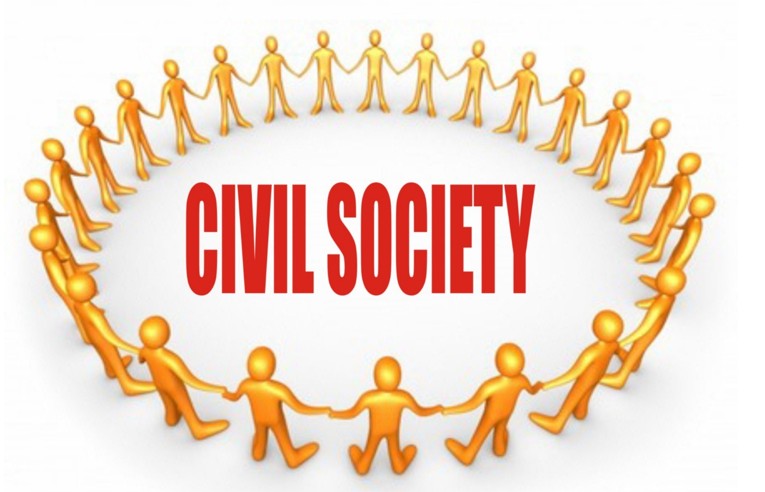Northern and Eastern Civil and Human Rights Organizations send letter to the UN High Commissioner for Human Rights
17-Jun-2025.

Civil society and human rights organizations from Northern and Eastern Sri Lanka have jointly written a letter to the United Nations High Commissioner for Human Rights, Volker Türk, urging him to personally visit key sites during his planned trip to Sri Lanka.
The letter specifically requests that he visit the ongoing excavation site at the mass grave in Chemmani and also make a visit to Mullivaikkal, the site of the final phase of the civil war.
Furthermore, the letter urges him to meet with the victims and survivors of past atrocities.
The letter, sent by Northern and Eastern civil organizations and human rights activists, highlights several critical concerns for the High Commissioner to consider during and after his visit to Sri Lanka.
The letter states that successive governments in Sri Lanka have consistently failed to prevent war crimes and crimes against humanity committed, particularly against the Tamil population in the North and East, since historical times.
Despite the end of the armed conflict over 16 years ago, the people in these regions continue to live under conditions akin to a shadow war, subjected to a militarized and repressive state apparatus.
Given this situation, the organizations request that the following 17 points be urgently taken into account during the High Commissioner’s visit:
1. Visit Mass Graves: Inspect mass graves where the remains of murdered Tamil civilians are believed to be buried, especially the Chemmani mass grave site.
2. Support International Investigations: Facilitate international investigations to uncover the truth and deliver justice for enforced disappearances in the Northern and Eastern provinces.
3. Visit Mullivaikkal: Travel to Mullaitivu and Mullivaikkal, the final war zones, and meet directly with affected communities.
4. Engage with Local Civil Groups: Meet with civil society representatives, journalists, and associations of the disappeared to understand ground realities.
5. Inspect Land Grabs: Visit lands in the North and East that continue to be seized by the Sri Lankan government.
6. Demand International Monitoring of Excavations: Insist that international observers be present during the excavation of over 21 known mass grave sites in Sri Lanka.
7. Ensure Accountability: Call for Sri Lanka to be held accountable at the International Criminal Court (ICC) for mass killings and grave violations related to mass graves.
8. Push for UN Investigative Access: Pressure the Sri Lankan government to permit the UN accountability project team to enter the country.
9. Support Independent Functioning of the UN Mechanism: Recommend to Human Rights Council (HRC) member states to allow the accountability mechanism for Sri Lanka to operate independently.
10. Extend the UN Mandate: Recommend another two-year extension of the accountability mechanism's mandate concerning Sri Lanka.
11. Legislate for CEDAW Implementation: Insist on mandatory legislation for the implementation of CEDAW (Convention on the Elimination of All Forms of Discrimination Against Women) in Sri Lanka.
12. Repeal Draconian Laws: Urge the Sri Lankan government to fully repeal the Prevention of Terrorism Act (PTA) and the current security laws.
13. Ensure Protection of Human Rights Defenders: Recommend the establishment of a joint mechanism to protect victims, activists, defenders, journalists, and civil society representatives.
14. Return Confiscated Lands: Ensure immediate return of civilian lands that have been confiscated by the state.
15. Protect Religious Freedom: Urge the Sri Lankan government to take concrete steps to ensure freedom of religion and the right to worship.
16. Investigate Journalist Killings: Demand prompt investigations into the cases of more than 40 journalists who were killed or disappeared.
17. Political Solution to Ethnic Conflict: Urge immediate and serious action toward achieving a political solution to the 76-year-old national ethnic conflict.
The signatories emphasize that these steps are vital for ensuring justice, accountability, and lasting peace in Sri Lanka, especially for the Tamil community in the North and East, which continues to suffer from the legacy of war and structural oppression.







